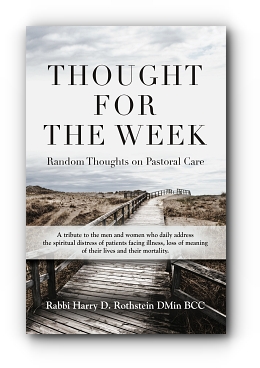| ||||||||||||||||
| Category: Religion:Pastoral Care |
(requires Adobe Reader)
|
| About the Book | |
|
Every person derives the meaning of their lives from relationships with specific people, faith, work, leisure, family, an unfinished task or a discipline such as science, politics, drama or the visual arts to name only a few. These are spiritual resources that give meaning to the patient's life. Meaning usually refers to how the patient made a large or small difference in the life of others or in the world at large. When a person falls ill or is dying, these meaning making relationships or activities are lost or have become distant or strained, creating a crisis in the meaning of the life of the patient. It is the task of a chaplain or a pastoral care giver to encourage the ill or dying patient to discover or rediscover those sources of meaning that have been lost or from which the patient feels distant. These sources may be family relationships, life events, unfinished tasks, spiritual practices, real or unfinished work related tasks, or real objects in the patient's life from which the patient derives meaning. When a pastoral care giver or chaplain enters a patient's room, after following infection control protocols, the chaplain carefully listens to what the patient says about why the patient is in the hospital, what resources of meaning are available or not available and how the patient can reestablish those relationships while in hospital. The chaplain may derive spiritual interventions such as prayer, meditation, ritual objects, encouraging visits by important people in the patient's life, engaging in life review with the patient or simply encouraging hospital staff to be in contact with the patient who may feel left alone. This is the task of pastoral or spiritual care givers.
|
|
| About the Author | |
 |
Rabbi Harry D Rothstein was ordained in 1974 and received a Doctor of Ministry in Pastoral Counseling in 1998 both from Hebrew Union College -Jewish Institute of Religion. He is a Board Certified Chaplain of N'shamah Association of Jewish Chaplains (1995). He has been a chaplain in psychiatric, acute care hospitals, prisons and hospice. |

